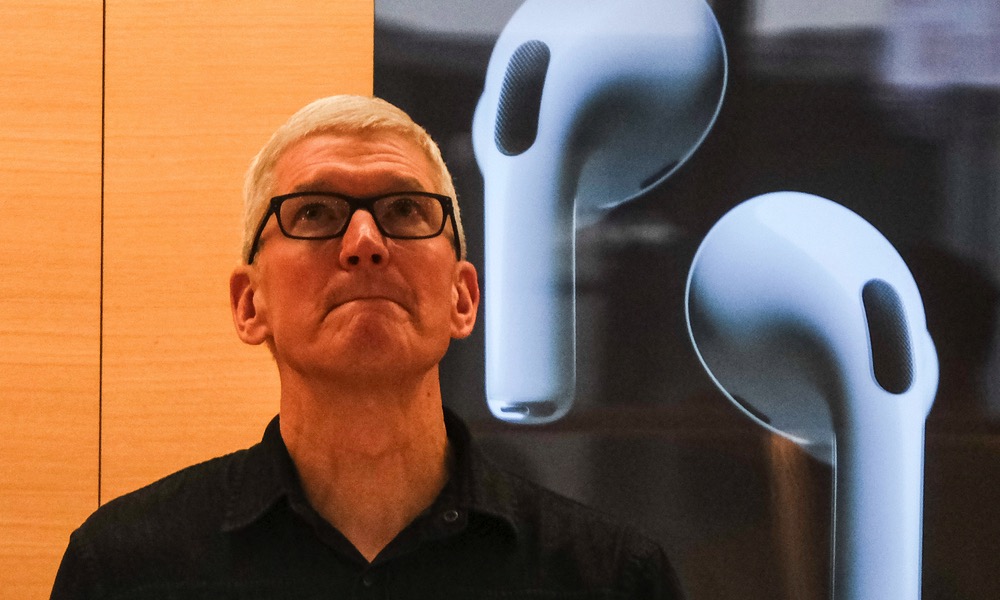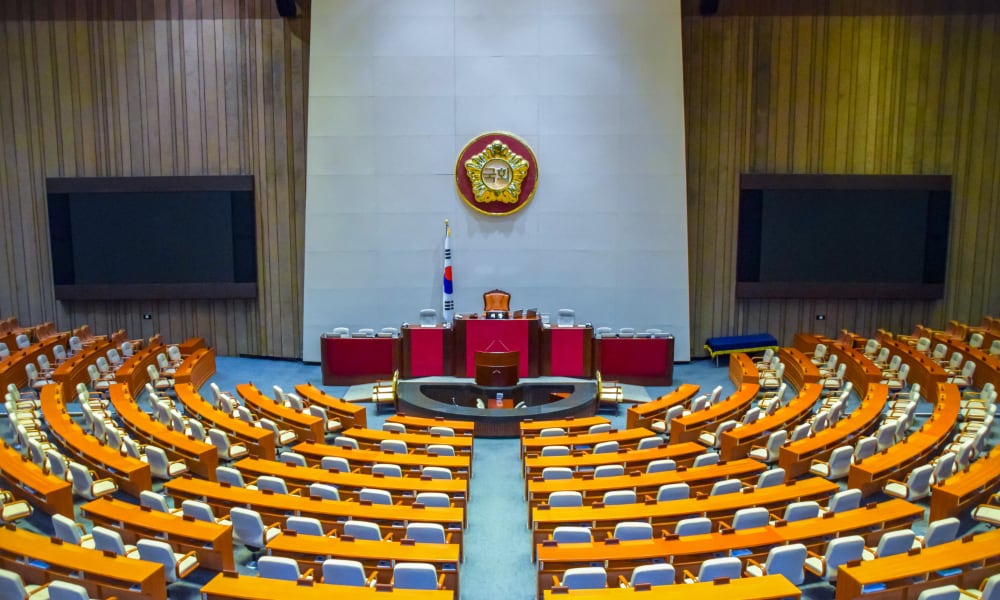South Korea Is Not Impressed with Apple’s Latest App Store Proposal
 Credit: Ringo Chiu / Shutterstock
Credit: Ringo Chiu / Shutterstock
Toggle Dark Mode
It appears that South Korean officials are less than thrilled with Apple’s solution to open up in-app payments to third-party developers. They’re calling on the iPhone maker to offer some tangible details about how it plans to proceed, while also suggesting that Apple may not be offering a deep enough discount for developers who opt out of Apple’s in-app purchasing system.
The move follows last month’s submission by Apple outlining how it plans to comply with a landmark law in that country that effectively bans Apple, Google, and other app marketplaces from mandating that developers use their payment systems.
While Google laid out its proposal in November, Apple took a bit longer to come up with its solution, even though it sounds like both companies are taking a similar tact.
Google already stated that it plans to continue collecting a commission from developers who choose to avail themselves of alternative payment processing systems, adding that it would do so “at a slightly reduced charge.”
Apple has basically made the same proposal, yet South Korean regulators are skeptical that the company fully intends to comply with the spirit of the new law.
For one thing, an official with the Korean Communications Commission (KCC) told Reuters that Apple’s compliance plan still “lacks concrete detail.” From the description, it sounds like Apple has basically submitted little more than a “letter of intent,” and officials are asking for “a more detailed compliance plan that goes beyond the general intention of allowing alternative payment systems.”
‘It Would Not Fit the Law’s Purpose’
Although Apple stated in its compliance plan that it would “provide an alternative payment system at a reduced service charge compared with the current 30 percent charge,” it doesn’t appear to have offered any specific information on exactly what that “reduced service charge” will be. Or, if it has, KCC officials aren’t sharing those details.
By comparison, Google has offered to knock four percent off its regular commission for developers who use alternative payment systems, but Korean regulators aren’t convinced that’s enough to comply with the intent behind the new law.
As a result of any policy, if app developers find it realistically difficult to use an alternative payment system and resort to using the dominant app store operator’s payment system, it would not fit the law’s purpose.Korean Communications Commission (KCC) official
To be clear, the information shared with Reuters comes from an unnamed source who is not authorized to speak to the media, so it’s not yet clear what the KCC’s official response will be to the proposals by Apple and Google.
However, it’s also important to keep in mind that the South Korean government has yet to determine what will constitute compliance with the new law, which took the form of an amendment to the country’s Telecommunication Business Act last year. The enforcement ordinance, which lays out the specific rules for compliance, is expected to be drawn up by March 15, and the source notes that some of these recent concerns are likely going to find their way into those regulations.
This could result in forcing the hand of both Apple and Google to do more than what either company has proposed thus far. As things currently stand, Apple takes a 15-30 percent commission on App Store and in-app purchases and subscriptions, depending on the overall revenue of the developer and the length of a users’ subscription.
The company’s proposed reduction in service charges would presumably be a discount off these normal rates, resulting in lower fees across the board, but since the company hasn’t actually spelled that out yet, it’s hard to say what its specific plans are.
One thing that seems certain, however, is that the new South Korean law won’t prevent Apple or Google from taking their cuts of revenue earned from in-app purchases. As with the cases we’ve seen elsewhere, from Apple’s battle with Epic Games in the U.S. to its kerfuffle with Dutch regulators, nobody seems to have been able to make a case that Apple can’t charge a commission, they’re merely squabbling over exactly how much is acceptable.








